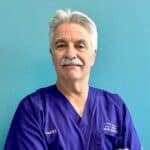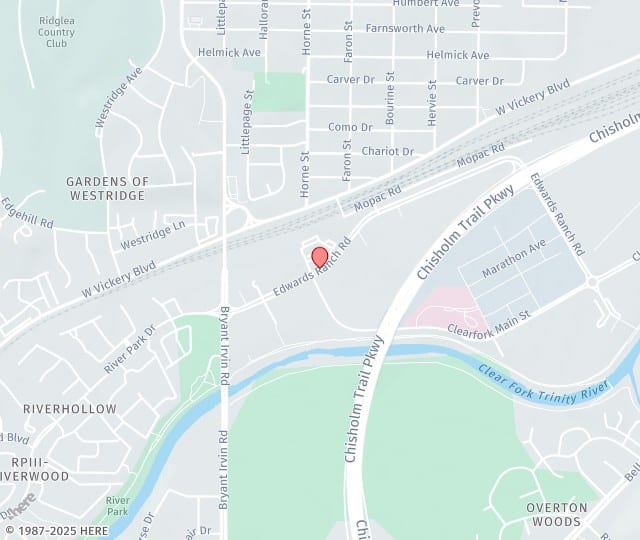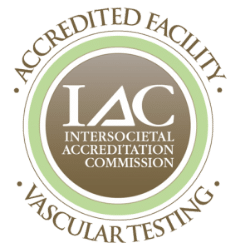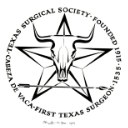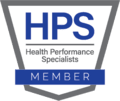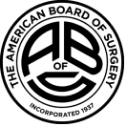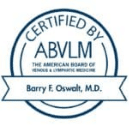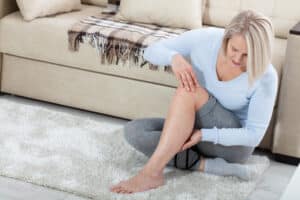
Dr. Barry Oswalt, founder of Fort Worth Vein Center, often sees patients who waited too long to take action. His goal is to change that by educating people in Fort Worth and Arlington, Texas, on what to watch for.
What Early Symptoms Look Like
Venous leg ulcers typically start with subtle warning signs. These symptoms can be easy to overlook, but they may indicate an underlying vein problem that needs medical attention. Watch for changes like:
- Swelling in the lower legs, especially around the ankles
- A feeling of heaviness or tightness in the legs
- Persistent itching or a burning sensation in the skin
- Brownish or reddish discoloration, often around the lower leg or ankle
- Skin that feels firm, shiny, or leathery to the touch
- Minor injuries (like scratches or bug bites) that heal slowly or reopen
- The appearance of shallow wounds near the ankles or lower legs
These issues are often linked to chronic venous insufficiency and can signal the early stages of a venous leg ulcer.
Why It’s Important Not to Wait
If you ignore these skin changes, they can turn into painful open sores that are difficult to heal. The good news is, you do not have to go through old-school treatments like vein stripping anymore. Dr. Oswalt uses up-to-date, minimally invasive methods that are easier on your body and help you recover faster.
For patients with active venous leg ulcers, treatment may include a combination of care approaches. He may prescribe antibiotics to help prevent or treat infection, especially if there’s redness or drainage. Advanced wound care products, such as antiseptic or antimicrobial dressings, can support healing and protect the area. In more severe cases, skin grafting may be recommended to help close the wound and restore the skin.
Talk to a Specialist
You deserve to understand what’s happening with your legs and to have access to treatments that actually work. Call Fort Worth Vein Center at 800-349-5347 and schedule a visit with Dr. Oswalt to get started. He’s board-certified in both vein care and general surgery and has done thousands of vein procedures, earning the trust of patients throughout Fort Worth and Arlington.

